Partners
The project brought together scientists from eight different European institutions, with a number of different and complementary competencies, at the service of the sustainability of animal production systems. This is a picture of us in Wageningen, during one of our annual meetings. The conclusive meeting was held on-line because of the COVID-19 crisis.
Dr. Muriel Tichit conceived and constructed the project, leading it in the first phases. She unfortunately passed away during project life-time. We consider that she was the seed of the project and her passion and dedication will bring fruits in the long term also after the project lifetime.
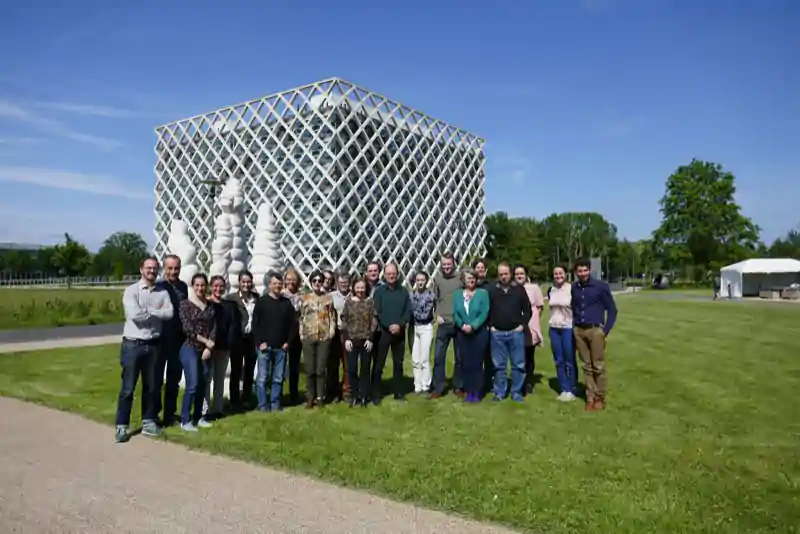
THE CONSORTIUM
L’Institut national de recherche pour l’agriculture, l’alimentation et l’environnement – INRAE
www.inrae.fr
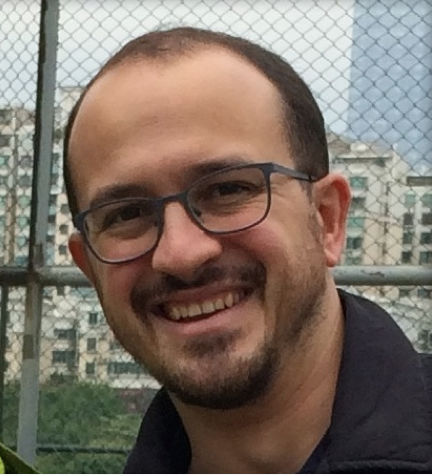
Dr. Francesco Accatino
Dr. Francesco Accatino is a researcher at INRAE. He is an expert in socio-ecological modelling. He worked on savanna-forest dynamics and semiarid rangeland dynamics during his PhD at Politecnico di Milano. At Wester University (Canada) he focused on simulating the outcomes of the implementation of offset schemes and their impacts on wetland ecosystem services distribution in landscapes. At INRAE, his research focuses on ecosystem services trade-offs and synergies at different spatial scales, specifically he works on optimizing land cover and land use for softening the conflicts between food production, and other ecosystem services.
Francesco’s role in AnimalFuture was centered on the project coordination, on the coordination on the data collection in the case studies and in result dissemination
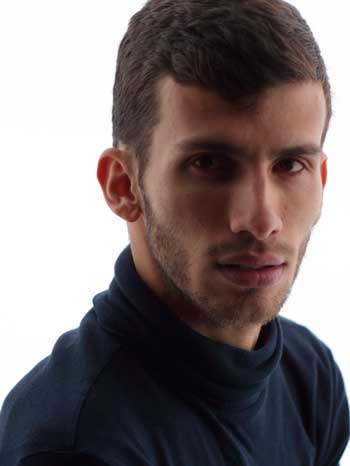
Dr. João Pedro Domingues
Dr. João Pedro Domingues is a postdoctoral researcher at INRAE. His research focuses on assessment of livestock areas using multimetric indicators to account to positive and negative contributions. He obtained his PhD degree in 2017, and proposed an approach to give more balanced attention to the three dimensions of sustainability and to explore trade-offs among them.
In the scope of AnimalFuture he will support the modelling of European livestock environmental performance at multi-scales in order to feed the decision support system tool.
Universität für Bodenkultur Wien - BOKU
www.boku.ac.at
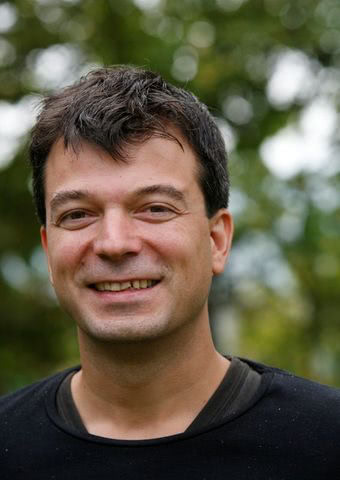
Prof. Karl-Heinz Erb
Prof. Karl-Heinz Erb is Associated Professor for Land use and Global change at the Institute of Social Ecology at the University of Natural Resources and Life Sciences, Vienna. He is an Ecologist by training and is habilitated in Social Ecology. His research contributes to land system science and focusses on the interrelations between socioeconomic metabolism and land use, on the dynamics of land use on decadal to centennial time scales and their drivers, as well as on consequences of land use for ecosystem functioning. Other topics include the link between land use and food security, biodiversity and climate change, with a particular focus on the development of sustainability indicators.
In AnimalFuture, Karl-Heinz is coordinator of WP4, investigating future scenarios of livestock farming.
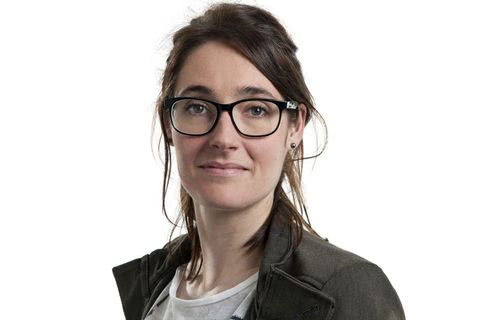
Dr. Michaela Theurl
Dr. Michaela Theurl is senior researcher at the Institute of Social Ecology and the Research Institute of Organic Agriculture (FiBL) in Vienna. She is an LCA expert and has a focus on analysing energy and resource use (efficiency) in agricultural production systems and identifying mitigation measures for future land-use scenarios.
Michaela and Karl-Heinz will contribute to AnimalFuture WP4 by exploring and analysing future scenarios for livestock production at subnational level.
The BOKU team is completed by Dr. Gerald Kalt, Lisa Kaufmann, Dr. Christian Lauk, Sarah Matej and Dr. Andreas Mayer from the Institute of Social Ecology.
Bayerische Landesanstalt für Landwirtschaft - LfL
www.lfl.bayern.de
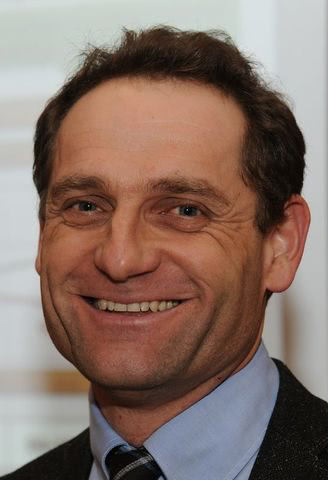
Dr. Gerhard Dorfner
Dr. Gerhard Dorfner is head of department “Economic of milk production” at the Bavarian State Research Centre for Agriculture in Munich. He is an agricultural economist specialised in analysing structural and economic developments in dairy business. In his work he combines applied research, teaching and consulting. He is one of the coordinators of the DLG (German Agricultural Society) group for dairy farm comparison network in Germany. Gerhard is an active contributor in the working group of European Dairy Farmers (EDF).
Gerhard is coordinator of AnimalFuture WP5 and involved in tasks related to analysis of economic aspects.
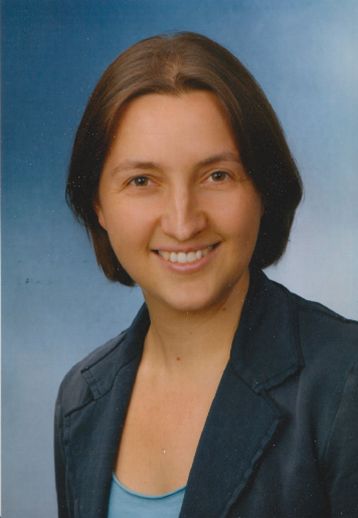
Dr. Monika Zehetmeier
Dr. Monika Zehetmeier is a research scientist at the Institute of Agricultural Economics of LfL. She holds a PhD in Agricultural Science from the Department of Agricultural Economics at TUM. She was a visiting scientist at Wageningen University and Teagasc Research Center working on life cycle assessment and greenhouse gas emission mitigation approaches to food production systems. In her research she works on concepts to assess trade-offs and synergies between economic and environmental aspects at farm level.
Monika’s main task in AnimalFuture is modelling effects of innovations at the farm-level.
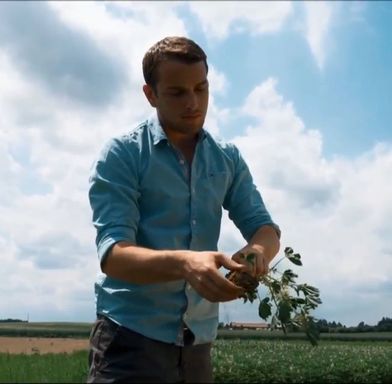
Anton Reindl
Anton Reindl is a research assistant at LfL in the Institute of Agricultural Economics.
His main tasks in AnimalFuture are calculations to reduce GHG-emissions and modelling at branch/farm-level.
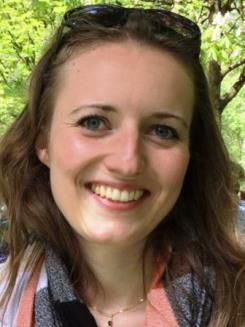
Vanessa Karger
Vanessa Karger holds a Master’s Degree in Agricultural Economics and is specialised in agricultural communication. She currently works as a research assistant at LfL with a focus on sustainability in dairy cattle farming.
In Animalfuture, Vanessa’s tasks are centred on outreach activities of WP5 and facilitation of the German case studies.
Centro de Investigación y Tecnología Agroalimentaria de Aragón - CITA
www.cita-aragon.es
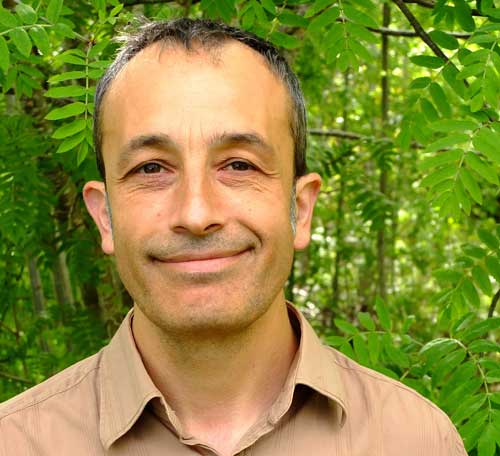
Dr. Alberto Bernués
Dr. Alberto Bernués is a senior researcher with expertise in pasture-based livestock farming, valuation of ecosystem services, sustainability assessment, decision support systems and consumer quality perception. He was President of the Livestock Farming Systems Commission of the EAAP and Section Editor (Livestock Farming Systems and the Environment) of ANIMAL.
In AnimalFuture he will contribute to the definition of sustainability indicators and data collection (WP1) and the simulation of innovations for meat sheep systems with bio-economic models (WP3). He will also contribute to the design the decision support system (WP2) and to outreach activities (WP5).
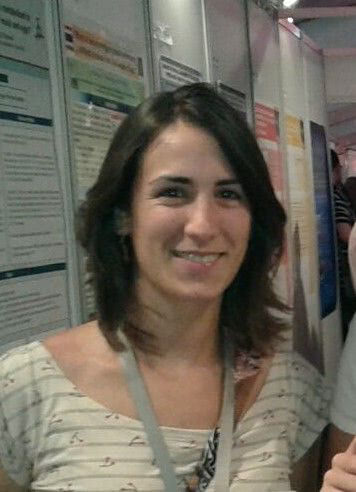
Dr. Tamara Rodríguez-Ortega
Dr. Tamara Rodríguez-Ortega is a post-doctoral researcher at the Centre for Agricultural Research and Technology (CITA) in Aragón (Spain). She has expertise in mixed pasture and animal-crop farming systems, valuation of ecosystem services, study of social perceptions and energy analysis.
Her role in AnimalFuture as case study facilitator is to describe the Spanish case study (extensive sheep farming systems in Aragón), diagnose the regional sheep sector, carry out the data collection at farms and simulate innovations for meat sheep systems using bioeconomic models.
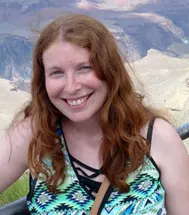
Dr. Alicia Tenza Peral
Dr. Alicia Tenza Peral is a postdoctoral researcher at the Agrifood Research and Technology Centre of Aragon (CITA) in Spain. She is an environmental social scientist with a background in ecology and rural development, specialised in computational modelling applied to the study of complex social-ecological systems. Her professional career has focused on studying the social, economic, institutional, and ecological factors that contribute to socio-agroecosystems' sustainability under socioeconomic and climate uncertainty.
In AnimalFuture, she has analysed the potential effects of innovations in the sustainability performance of sheep farming systems in Spain, identifying synergies and trade-offs between sustainability indicators and benefits and costs, using computational models.
L’Institut de l’Élevage - IDELE
idele.fr
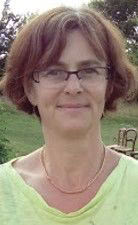
Anne-Charlotte Dockes
Anne-Charlotte Dockes is Senior Innovation Manager at IDELE and is a researcher and agro-economist with a Master’s in Agricultural Economy and Development. Her present position is head of the “Socio-Economics and Impact” division at IDELE (The French Livestock Institute). She also leads the livestock farming system group which builds references on the sustainability of the main French livestock farming systems. She contributes to several research and innovation projects, for example about the good agricultural practices, the perception of livestock farming in the general public, the perception of their profession by farmers and the current changes in their jobs. She has been involved in several FP7 and H2020 projects: Welfare Quality; In Sight; Solinsa, PLAID, NEFERTITI. She was an expert for the collaborative working group of SCAR and AKIS.
Anne-Charlotte is leading WP1 in AnimalFuture.
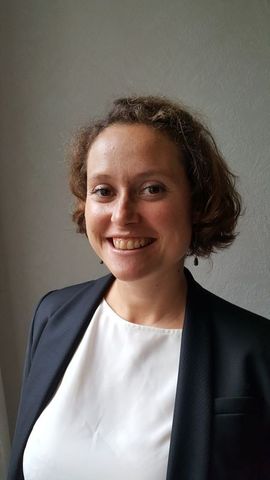
Delphine Neumeister
Delphine Neumeister is a junior project manager with a Master in Agricultural Economy and Development. She specialized in network management, advisory approaches and social approaches of farmers. She coordinated the Charter for Good Agricultural Practices in Cattle Production for 5 years (100 000 farmers, 3000 advisers). She contributed to applied research and innovation projects on the CAP reforms, on organic dairy farming and on the development of PDOs in France. She was involved in the FP7 project Solinsa.
Together with Anne-Charlotte, Delphine coordinates the WP1 in AnimalFuture, which aims at characterizing benefits, costs and innovations of livestock systems, based on a large farm-network (10 case studies across 6 countries).
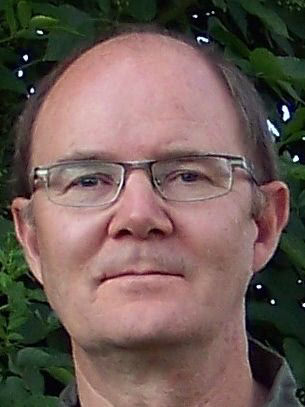
Dr. Christophe Perrot
Dr. Christophe Perrot is a senior scientist and expert in livestock farming economy. He holds a PhD in Agricultural economics and Animal Sciences. His key qualifications are livestock farming diversity, typology and zoning, farm trajectories analysis and demographic projections, costs of production and farm income monitoring, agricultural policies: simulation and evaluation (ex-ante ex-post). He has contributed to several EU projects (ELPEN, CANTOGETHER) and evaluations of public policies.
In AnimalFuture he is responsible for facilitating the Boulonnais case study and cross analysis of case study findings within WP1.
Scotland’s Rural College – SRUC
www.sruc.ac.uk
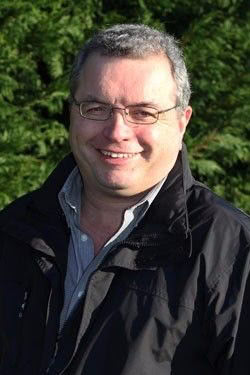
Prof. Davy McCracken
Prof. Davy McCracken is Head of SRUC’s Hill & Mountain Research Centre. He is an agricultural ecologist and has been involved in a wide range of studies investigating the farmland biodiversity importance of farming systems throughout Europe and assessing the likely implications of Common Agricultural Policy reform. He has a particular interest in European High Nature Value (HNV) farming systems.
In AnimalFuture, Davy is involved in trade-off and synergy analysis at the regional, national and EU levels (WP4) and tasks related to innovation capacity (WP1).
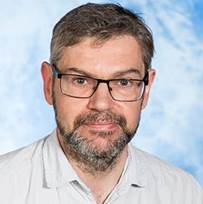
Professor Andrew Barnes
Professor Andrew Barnes is Professor of Rural Resource Economics at SRUC. He is an Agricultural Economist and has spent the majority of his career working in an interdisciplinary environment, collaborating with natural scientists and psychologists to understand decision-making and uptake. He also has a great deal of experience working with policy makers within the UK devolved administrations.
Andrew’s role in the project is to examine innovation capacity within the case study countries for WP1.
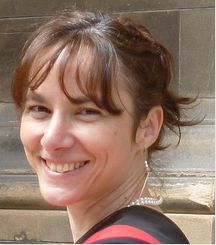
Dr. Claire Morgan-Davies
Dr. Claire Morgan-Davies is a multidisciplinary scientist with a focus on extensive livestock production, particularly in mountain areas. Her current fields of research include sustainable intensification in the hills and land abandonment, assessment of farm labour and its role on farm viability and use of electronic identification and technology in extensive sheep systems for improved management and profitability.
Together with Davy and Andrew, Claire’s focus in AnimalFuture is on innovation capacity within the case study countries.
Associação do Instituto Superior Técnico para a Investigação e Desenvolvimento – IST-ID
ist-id.pt
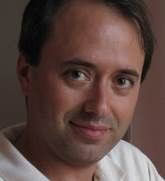
Prof. Tiago Domingos
Prof. Tiago Domingos M.Sc in Engineering Physics, Ph.D in Environmental Engineering (IST/University of Lisbon). Associate professor at IST/University of Lisbon, president of MARETEC – Marine, Environment and Technology Centre and coordinator of the Integrated M.Sc. in Environmental Engineering. His research aims at creating a theoretical, mathematical basis for sustainability and applying it in multiple fields, including extensive livestock production. Co-Founder and CEO of Terraprima, IST Spin-off.
Within AnimalFuture, he is the principal investigator for IST-ID.
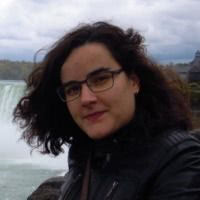
Tatiana Valada
Tatiana Valada is an Environmental Engineer, M.Sc. and a PhD degree in Environmental Engineering (IST, University of Lisbon, Portugal. Her work is focused on the environmental impact assessment of agri-food-forestry systems. In recent years she has participated in several projects (both national and European).
Currently working at IST-ID she participates in the AnimalFuture, both in management and research activities.
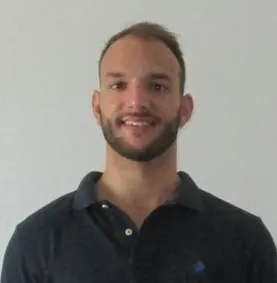
Tiago Morais
Tiago Morais is a PhD student on quantitative environmental modelling of land uses systems. His researcher focused on life cycle assessment of agri-food products and modelling of soil organic carbon through both data-driven approaches (using machine learning algorithms) and theory-based approaches (using process-based modelling).
In AnimalFuture, Tiago is involved in the assessment of Portuguese case study at farm-level.
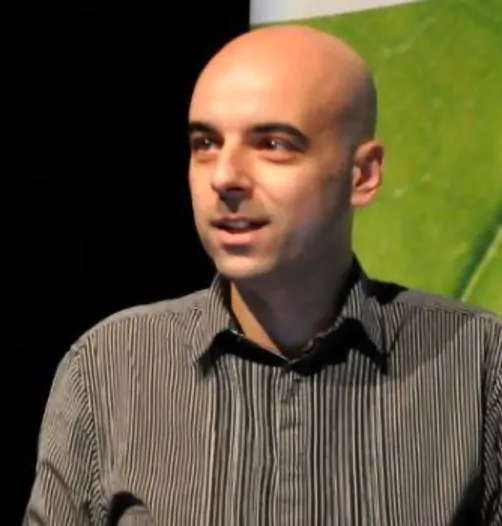
Ricardo Teixeira
Ricardo Teixeira (M), Assistant Researcher and Invited Assistant Professor of Industrial Ecology at IST. MSc and PhD in Environmental Engineering, MSc in Economics (University of Lisbon). Main domains: ecological impact assessment, process-based modelling of land use, pasture-based livestock production, remote sensing, machine learning & Life Cycle Assessment. Academic and consulting experience in the agri-food business. Worked in Portugal, France and Belgium. Participation in international expert groups EIP-Agri Focus Group 25 ‘Grazing for Carbon’, UNEP/SETAC Life Cycle Initiative and work group for reporting Portuguese Kyoto Protocol emissions organized by the Portuguese Environmental Agency. Principal Investigator of FCT-funded projects “LEANMeat” (impact assessment and reduction of meat production impacts) and “GrassData” (development of algorithms for identification, monitoring and quantification of carbon sequestration in pastures, in collaboration with IFAP). More than 25 publications in international peer-reviewed scientific journals and 777 citations (h-index of 13 and i10-index of 16).
Ricardo participated in “Animal Future” through scientific coordination of all IST-ID activities in WP1, WP3, WP4 and WP5.
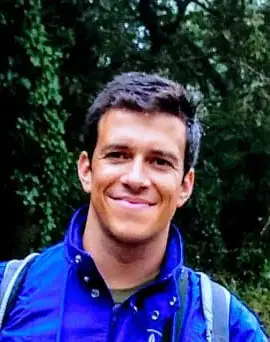
Manuel dos Santos
Manuel dos Santos is BSc in Economics and BSc + MSc in Agricultural Engineering. After assuming different roles in the agribusiness industry, in Portugal and abroad, he started collaborating with AnimalFuture among others R&D projects. He is now pursuing a PhD in Environmental Engineering in IST, Lisbon. His research interests regard the agricultural sector and include valuation and monetization of ecosystems services, life cycle analysis, and strategic environmental assessment.
In the AnimalFuture project he actively collaborated collecting farm data and organizing the dataset of the Portuguese case study. He was also responsible of the listening tour carried out with stakeholders across the sector.
Wageningen University and Research – WUR
www.wur.nl
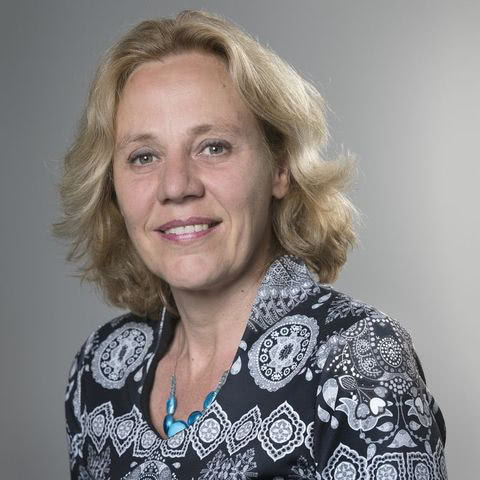
Prof. Imke de Boer
Prof. Imke de Boer is head of the Animal Production Systems (APS) at Wageningen University, which aims at integrating biophysical knowledge to analyse and design sustainable animal systems, with a special focus on their environmental soundness, their impact on animal welfare, and their economic viability. She is especially interesting in the question: what role, if any, does animal-source food play in a sustainable human diet? This question is complex and context-specific, and there is no unique, simple solution. Innovative research of APS shows that animals can play a key role in future nutrition security. Such animals, however, would not consume human-edible biomass, such as grains, but mainly convert leftovers from arable land and grass resources into valuable food and other ecosystem services. By converting these biomass streams, animals recycle nutrients back into the food system that otherwise would have been lost in food production. This, however, also implies that we should no longer focus on increasing life-time productivity of animals, but on improving their utilization efficiency of biomass unsuited for humans. The latter also opens doors to improve the health and welfare of animals, and to combine environmental-friendly and animal-friendly production of animal-source food. By unravelling the complexity of sustainability concerns in livestock systems and exploring innovations to produce with respect for the planet, the animal and society, her chair groups contributes to a sustainable food system in the future.
Imke coordinates WP3 of AnimalFuture, and is mainly involved in quantifying the impact of innovative practices on the benefit-cost portfolio at farm level.
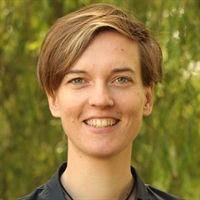
Dr. Evelien de Olde
Dr. Evelien de Olde works as a postdoctoral researcher at the Animal Production Systems group at Wageningen University & Research. Her research focuses on sustainability analysis of livestock farming systems, governance of sustainable food systems, and certification systems in agriculture. She is currently working on sustainability challenges and innovations in the poultry sector. In 2017, she completed her PhD at Aarhus University (Denmark) and Wageningen University, focused on the contribution of farm-level assessment tools to the sustainable development of agriculture.
In the AnimalFuture project, Evelien is involved as a Case Study Facilitator working on the Dutch case studies related to egg production.
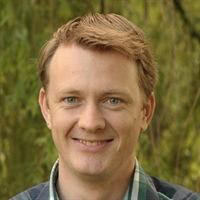
Dr. Aart van der Linden
Dr. Aart van der Linden is a postdoctoral researcher working at the Animal Production Systems group at Wageningen University & Research. His research aims to apply concepts of production ecology used in crop science to livestock production. Currently, he is working on a project aiming to quantify and analyse yield gaps for beef cattle in Uruguay, and for dairy cattle in Ethiopia and Bangladesh. In his research, he applies concepts of production ecology used in crop science to develop models for livestock production systems.
Aart is mainly involved in compiling the model library for AnimalFuture WP3 and in simulating the effects of innovations on the sustainability performance of farms.
